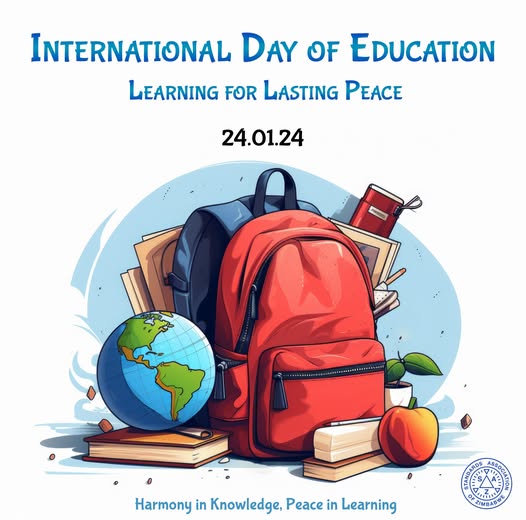
As we commemorate World Education Day on 24 January 2024, as well as the African Union’s theme for 2024, which is the Year of Education, let us promote the ISO 21001:2018 Educational Organizations Management Systems (EOMS) standard. This standard provides a common management tool for organizations that offer educational products and services capable of meeting the needs and requirements of learners and other customers.
What is ISO 21001 EOMS
ISO 21001 EOMS is a stand-alone management system standard, aligned with other ISO management system standards (such as ISO 9001, ISO 14001, etc.) through the application of a high-level structure. ISO 21001 focuses on the specific interaction between an educational organization, the learner, customers, and other relevant interested parties. It specifies requirements for an Educational Organization Management System (EOMS) when such an organization:
To whom does this standard apply?
All requirements of ISO 21001 EOMS are generic and intended to be applicable to educational organizations that provide, share, and facilitate the construction of knowledge through teaching, training, or research, regardless of type, size, and the product and service provided. The standard, therefore, applies to the management system of any organization utilizing a curriculum to provide, share, and transfer knowledge. Although learners and educational organizations worldwide are the main beneficiaries of this new management system standard, all stakeholders (i.e., everyone) will benefit from the output of standardized management systems in educational organizations.
Who benefits from ISO 21001 EOMS?
Educational organizations that will benefit from the standard include:
This is true regardless of the funding source, which can be public (subsidized), private (commercial), self-sufficient (internally generated revenue), or not-for-profit (sponsored). All interested parties involved in determining requirements will benefit from this International Standard (teachers, parents, governments, private sector players, NGOs, trade unions, etc.).
ISO 21001 EOMS is important because there is a critical and continuous need for educational organizations to evaluate the degree to which they meet the requirements of learners and other customers, in order to improve their ability to continue to do so. ISO 21001 EOMS focuses on the specific interaction between an educational organization, the learner, and other customers. Current educational processes are becoming increasingly focused on co-creation, where the traditional customer-supplier relationship is refined into a collaborative partnership. This standard will provide guidance on how to deliver quality in this challenging new environment.
The potential benefits to an organization of implementing an EOMS based on this International Standard are:
References:
1. ISO 9001:2015 QMS
2. ISO 14001:2015 EMS
3. ISO 45001:2018 OHSAS
4. International Organization for Standardization (ISO) ISO Central Secretariat
By Alexio Maseka PCQI & ARSO Standardization Expert
Copyright © 2026 | Standards Association of Zimbabwe.
Website by Quatrohaus